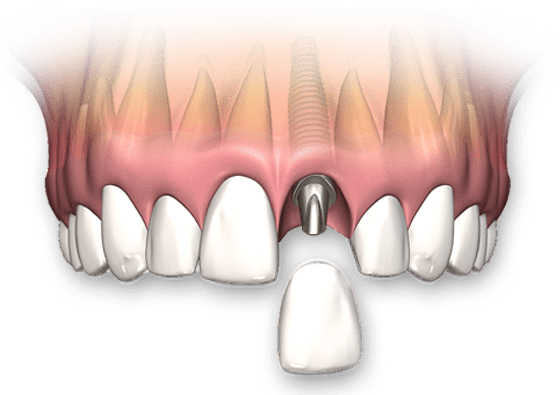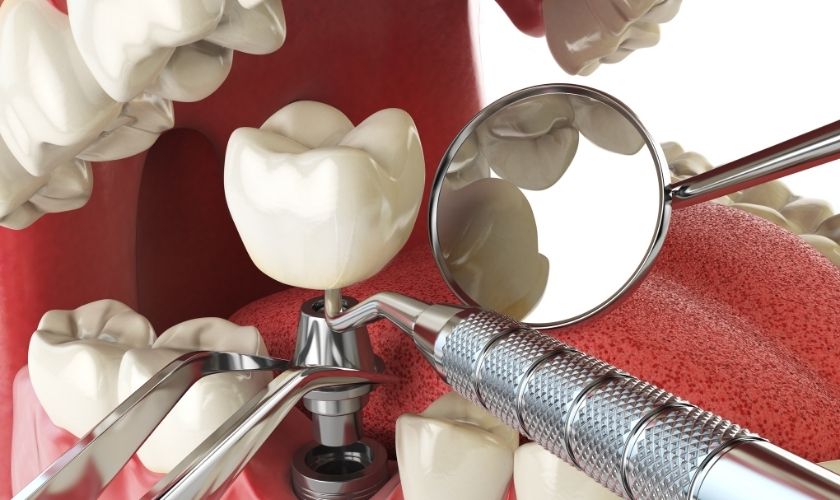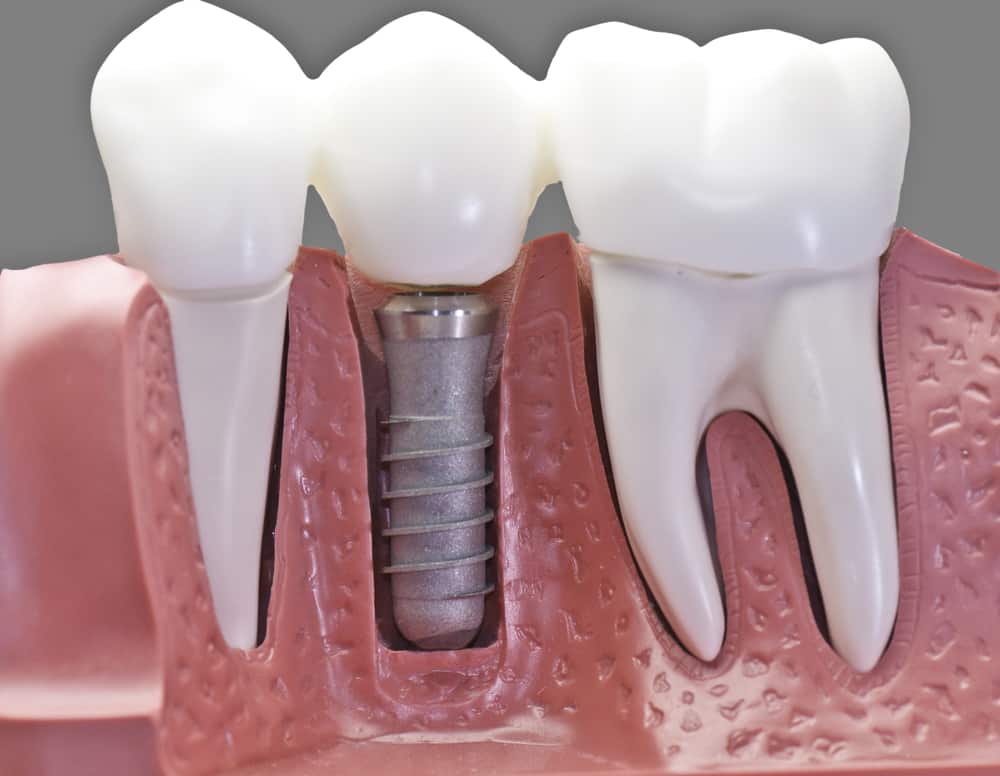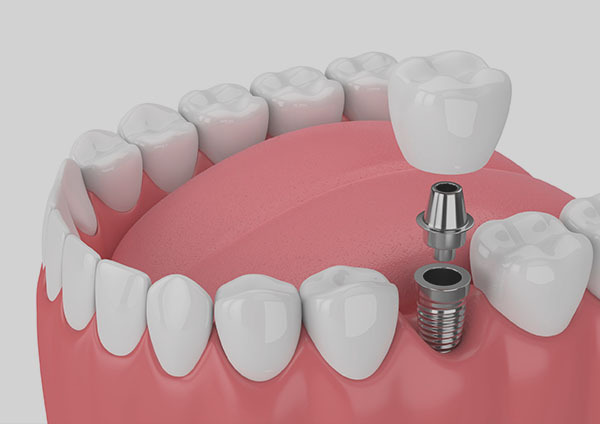Single Dental Implants In Melbourne
A single dental implant is the ideal solution for replacing a missing tooth, offering a permanent and natural-looking result that functions just like a real tooth. Unlike traditional options like bridges, a dental implant doesn’t rely on adjacent teeth for support, making it a healthier and longer-lasting option.

If you’re in Melbourne and considering a single dental implant, this guide will cover everything you need to know: what a single implant is, who might benefit from it, how to prepare for the procedure, and what to expect during and after treatment.
Whether you’ve lost a tooth due to injury, decay, or gum disease, a single dental implant can restore your smile, improve your confidence, and allow you to chew and speak comfortably again.
Single Dental Implants: What Are They?
A single dental implant is a modern dental procedure designed to replace a missing tooth with a natural-looking, permanent solution. This treatment involves placing a small titanium post into the jawbone, which acts as an artificial tooth root. A custom-made crown is then attached to the implant, seamlessly blending with your natural teeth. Unlike bridges or dentures, a single dental implant preserves surrounding teeth and offers a durable, long-term solution.
The benefits of a single dental implant are transformative. Patients enjoy restored confidence, improved chewing ability, and a natural appearance that closely mimics their original tooth. With proper care, dental implants can last for decades, enhancing both your smile and overall quality of life.

Who Might Benefit From Single Implants?

Single dental implants are ideal for individuals who have lost a single tooth and want a long-lasting, natural-looking solution. They provide an alternative to dentures or bridges and restore both function and appearance. Candidates should have enough jawbone density to support the implant.
Before the procedure, your dentist will assess your oral health, potentially using X-rays or 3D scans to evaluate bone structure. If needed, bone grafting may be recommended. A customised treatment plan will be created, which may include tooth extraction, implant placement, and a follow-up for healing and final restoration.
The Single Implant Process
The single implant process begins with a consultation where your dentist evaluates your oral health, including jawbone strength and adjacent teeth. If needed, tooth extraction may be performed. The implant, serving as an artificial tooth root, is placed into the jawbone under local anesthesia, with sedation offered for comfort. The implant will then fuse with the bone (osseointegration) over several months.
Aftercare involves following specific instructions for pain management, diet, and oral hygiene. Follow-up visits are necessary to monitor healing and place the final crown once the implant is fully integrated. Contact your dentist if any issues arise.

Potential Risks And Side Effects Of Single Implants

Single implants are generally safe and effective, but as with any surgical procedure, there are potential risks and side effects.
Common Side Effects
After implant surgery, mild discomfort, swelling, and bruising around the implant site are common and usually resolve within a few days. You may also experience some tenderness or sensitivity around the implant as it heals, but this typically fades over time.
Rare Complications
While rare, complications such as infection, implant failure, or damage to surrounding teeth and tissues can occur. In some cases, issues with osseointegration (the process where the implant fuses with the bone) may arise, requiring additional treatment. Nerve damage, which can lead to numbness or tingling in the gums, lips, or chin, is another potential risk, though it is uncommon.
With proper post-operative care and follow-up visits, these side effects are usually manageable, and the risk of complications is minimised. Most patients recover well with the right care and attention.
Benefits of Single Implants
Single implants provide immediate relief by replacing missing teeth, preventing alignment issues, and maintaining jawbone health. They offer a long-lasting, natural-looking solution that helps preserve oral function and confidence. With proper care, implants can prevent further complications, reducing the need for invasive treatments later. Single implants also support jawbone health by stimulating bone growth in the area of the missing tooth, preventing bone deterioration over time. This not only helps preserve the structure of your jaw but also maintains the natural contours of your face.

Frequently Asked Questions
Who might benefit from single implants?
What is the process for getting a single implant?
Are there any risks or side effects with single implants?
What are the benefits of single implants?

